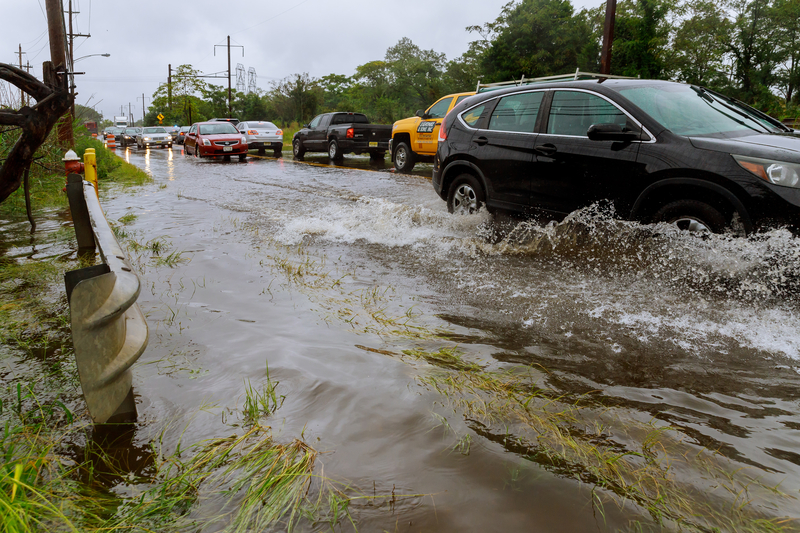
The Caribbean's vulnerability to devastating weather events makes the resilience of its transport infrastructure vital for economic growth.
That was one of the key messages at this week's 10th IRF Caribbean Regional Congress at Bridgetown, Barbados.
“For the Caribbean region, natural hazards can reverse years of development by continuous destruction of infrastructural, economic and social capital," said Santia O. Bradshaw, deputy prime minister of Barbados & minister of transport, works and water resources, in her opening address.
"We welcome this opportunity to share the challenges we face, as well as the solutions available to us to achieve sustainable climate resiliency and safer roads to remain in alignment with the 2030 Sustainable Development Agenda”.
The conference was jointly organised by the International Road Federation (IRF Global), the Caribbean Development Bank and the Ministry of Transport, Works and Water Resources in Barbados.
IRF Global senior vice chairman Dr. Bill Sowell said that "momentum for ambitious and coordinated action in the region is growing”.
And he insisted: "All Caribbean nations can count on the IRF to continue assisting them in their endeavours.”
The event attracts transportation professionals from across 30 countries and territories in the region, and highlights best practice in regional and international case studies.
It features over 50 speakers, including international experts from the World Bank, the United Nations Institute for Training and Research, the US National Transportation Safety Board and the New York City Department of Transportation.
The Congress runs until 10 June, with live updates available via @IRFhq on Twitter.











